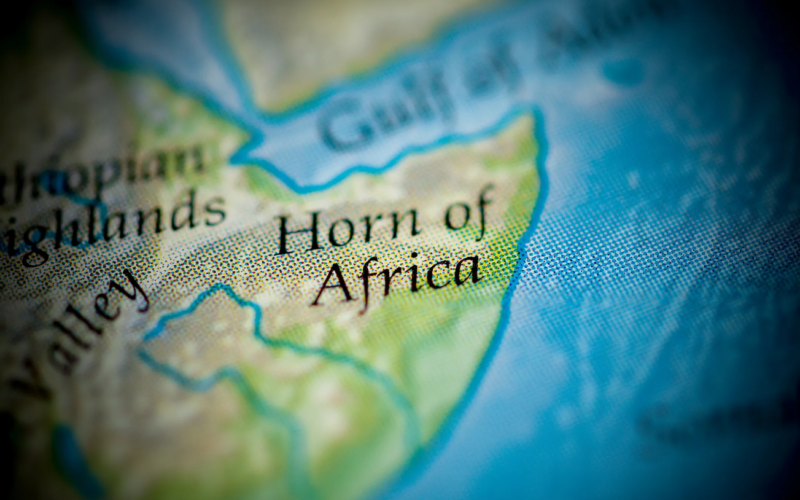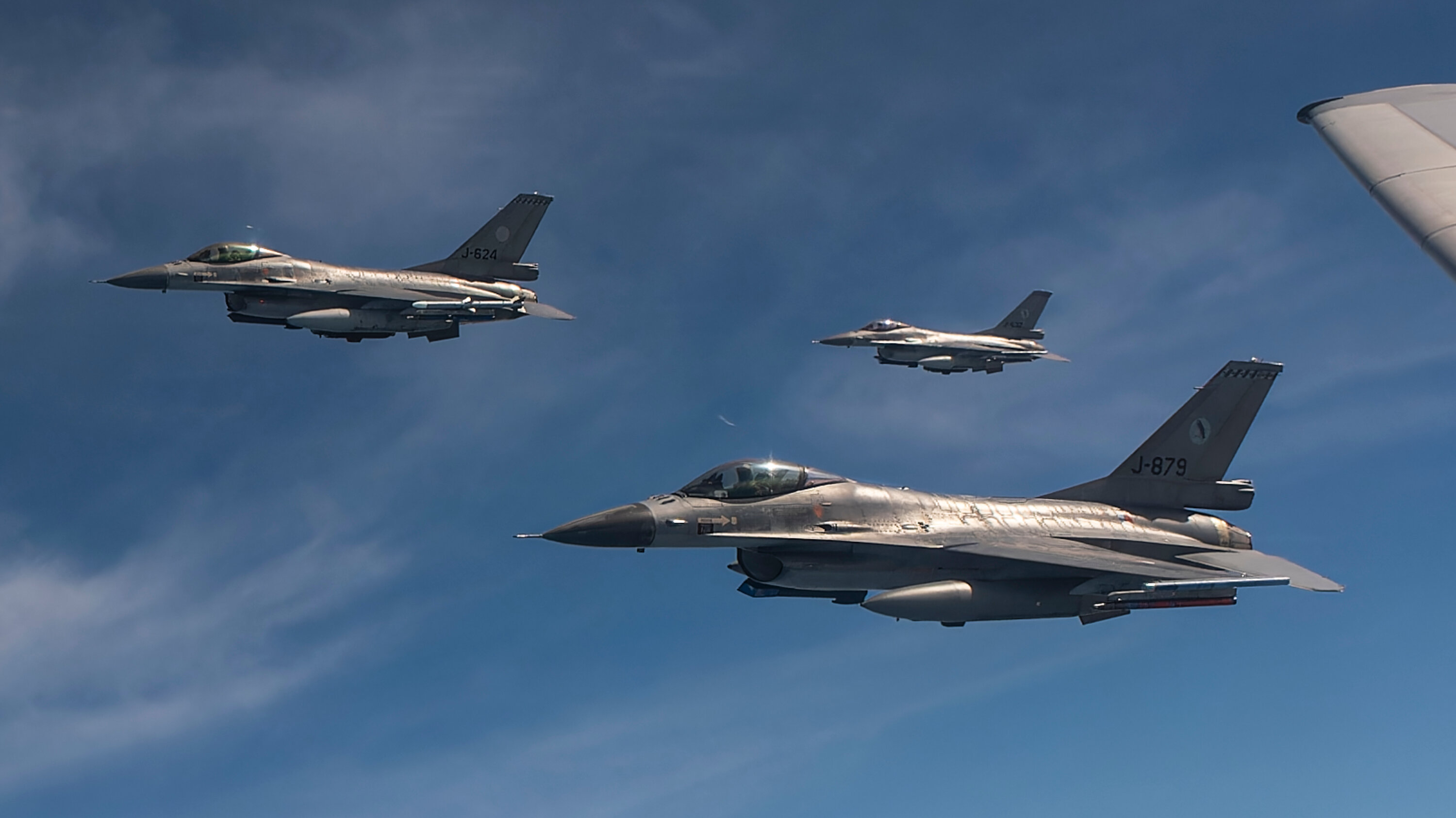Tensions between Ethiopia and Somalia have escalated, raising concerns about the potential destabilization of the Horn of Africa region. The longstanding historical ties between the two nations, coupled with complex geopolitical dynamics, have given rise to a diplomatic dispute that has far-reaching implications for regional stability. This article delves into the intricacies of Ethiopia’s quarrel with Somalia and examines the possible repercussions for the Horn of Africa.
Ethiopia and Somalia share deep historical ties, marked by cultural, economic, and diplomatic connections. However, recent developments have strained these relations, giving rise to a multifaceted dispute encompassing territorial claims, political differences, and strategic interests. Understanding the historical context is crucial in deciphering the complexities that underpin the current discord.
One of the primary sources of tension between Ethiopia and Somalia revolves around territorial disputes, notably concerning the Ogaden region. The historical contestation over borders has been compounded by divergent national interests, with both nations seeking to assert their sovereignty and protect their strategic concerns. This territorial friction serves as a catalyst for broader geopolitical considerations.
The escalating dispute between Ethiopia and Somalia holds the potential to destabilize the entire Horn of Africa region. Given the interconnectedness of nations in this geopolitically sensitive area, any conflict has a ripple effect that extends beyond national borders. Regional stability is at stake, and the international community closely monitors developments to prevent the situation from spiraling out of control.
Ethnic and political dimensions further complicate the Ethiopia-Somalia quarrel. Ethnic groups straddling both nations’ borders are entangled in the dispute, adding a layer of complexity to the already intricate situation. Political maneuvering and divergent governance structures also contribute to the frictions, as each nation seeks to safeguard its interests and maintain domestic stability.
As tensions rise, there are growing concerns about the humanitarian impact on the Horn of Africa’s vulnerable populations. Any escalation in hostilities could result in displacement, disrupt essential services, and exacerbate existing challenges, including food insecurity and access to healthcare. The international community must remain vigilant to address potential humanitarian crises stemming from the ongoing dispute.
Efforts to mitigate the Ethiopia-Somalia dispute require diplomatic finesse and a commitment to conflict resolution. Regional organizations, such as the African Union and the Intergovernmental Authority on Development (IGAD), play pivotal roles in mediating and fostering dialogue between the conflicting nations. The engagement of international stakeholders is crucial for a peaceful resolution that considers the interests of all parties involved.
The Ethiopia-Somalia dispute not only impacts regional stability but also has global ramifications. The Horn of Africa holds strategic importance due to its geopolitical location and maritime routes. Any escalation in tensions could disrupt international trade, impact global security dynamics, and necessitate a coordinated response from the international community.








